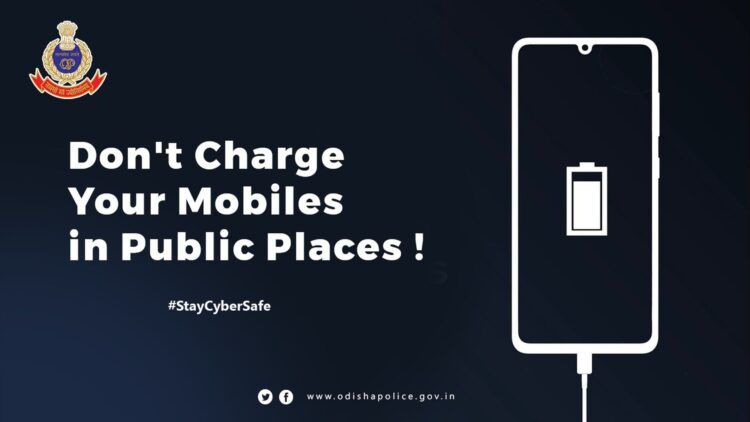The FBI is advising people not to use public phone charging stations, which have grown in popularity in areas such as airports and retail malls.
According to the FBI, the concern is that hackers have discovered a means to inject malware and other software into devices via public stations.
“Avoid using free charging stations in airports, hotels, or shopping centers,” according to the FBI’s Denver Twitter account. “Bad actors have devised methods to install malware and monitoring software onto devices using public USB ports.” Carry your charger and USB wire, and plug it into an outlet instead.”
Avoid using free charging stations in airports, hotels or shopping centers. Bad actors have figured out ways to use public USB ports to introduce malware and monitoring software onto devices. Carry your own charger and USB cord and use an electrical outlet instead. pic.twitter.com/9T62SYen9T
— FBI Denver (@FBIDenver) April 6, 2023
The FBI advises against utilizing public phone charging stations
The social media caution reflects the advice provided by the agency on its website. The FBI’s Denver office informed The Hill that nothing sparked the social media warning and that it was only a public service broadcast.
The FBI is not alone in advising people to avoid USB charging stations.
On its website, the Federal Communications Commission (FCC) also advises against their usage, claiming that hackers can place malware onto USB ports, allowing them to “maliciously” access machines. The agency refers to it as “juice jacking.”
“If your battery is low, be aware that charging your electronic device at free USB port charging stations, such as those found near airport gates, in hotels, and other travel-friendly locations, may have unintended consequences,” the FCC said. “You could fall victim to ‘juice jacking,’ a new cyber-theft technique.”
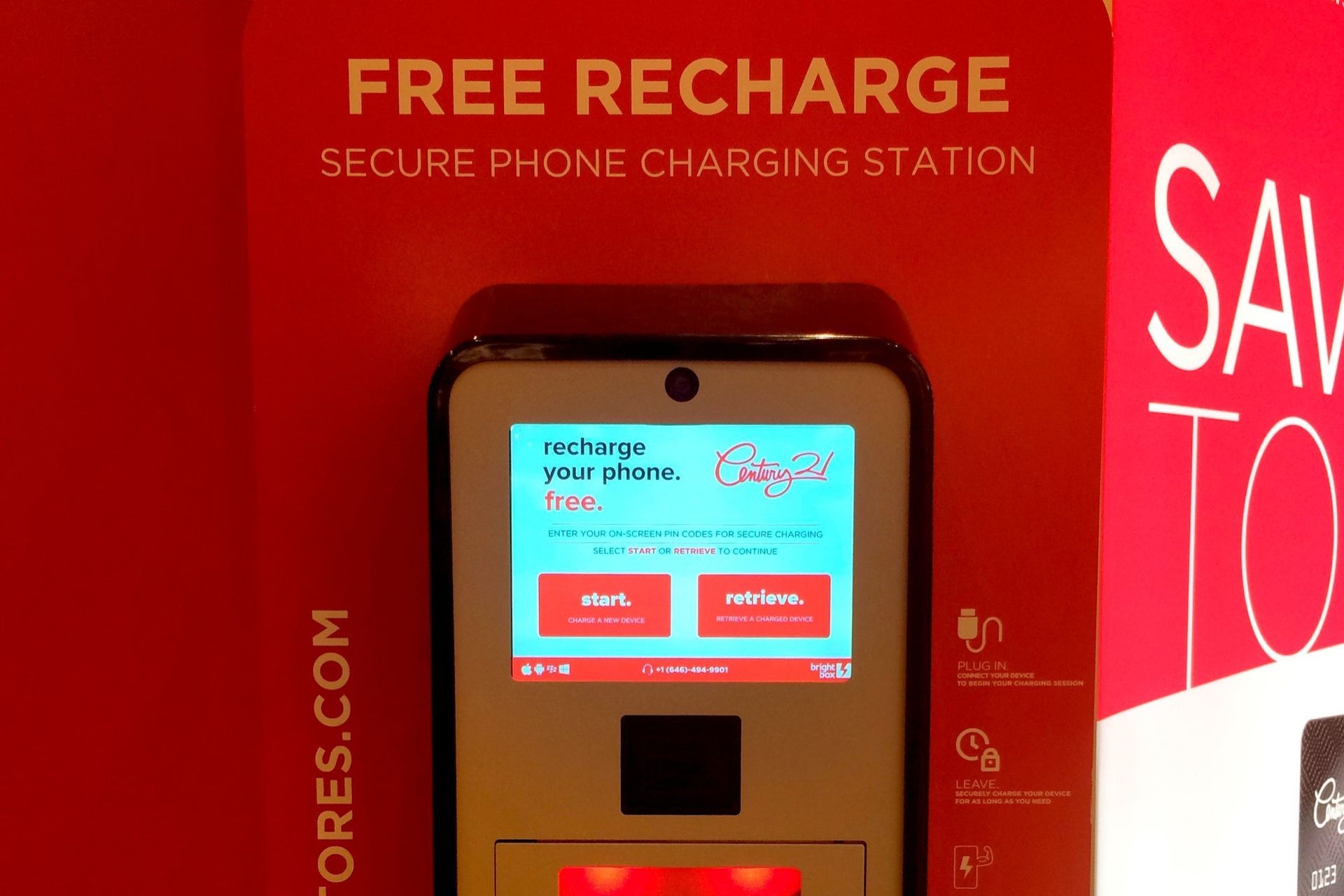
How else do the feds recommend keeping phones secure?
The FBI has already issued countless warnings regarding our cell phones. Last year, the government issued a warning asking people to be cautious while scanning unexpected QR codes in public.
According to the FBI, “Cybercriminals are using this technology to steal victim data by directing QR code scans to malicious sites, embedding malware to gain access to the victim’s device, and redirecting payment for cybercriminal use”.
The Federal Communications Commission, which has been warning about the cybertheft strategy since 2021, offers the following advice to prevent being a victim of such a crime:
- When traveling, bring your charger for an electrical outlet, a vehicle charger, and USB cords.
- Carry a portable charger or an additional battery with you.
- Consider packing a charging-only cable from a reputable seller, which prohibits data from being sent or received while charging.
- Using public WiFi networks and Bluetooth connections might potentially leave you exposed to hackers or cybercrime, according to the FCC.
In April 2021, the FBI issued a statement warning that fraudsters were phoning people and posing as government personnel, seeking to convince victims that charges had been or would be brought against them unless they paid up.
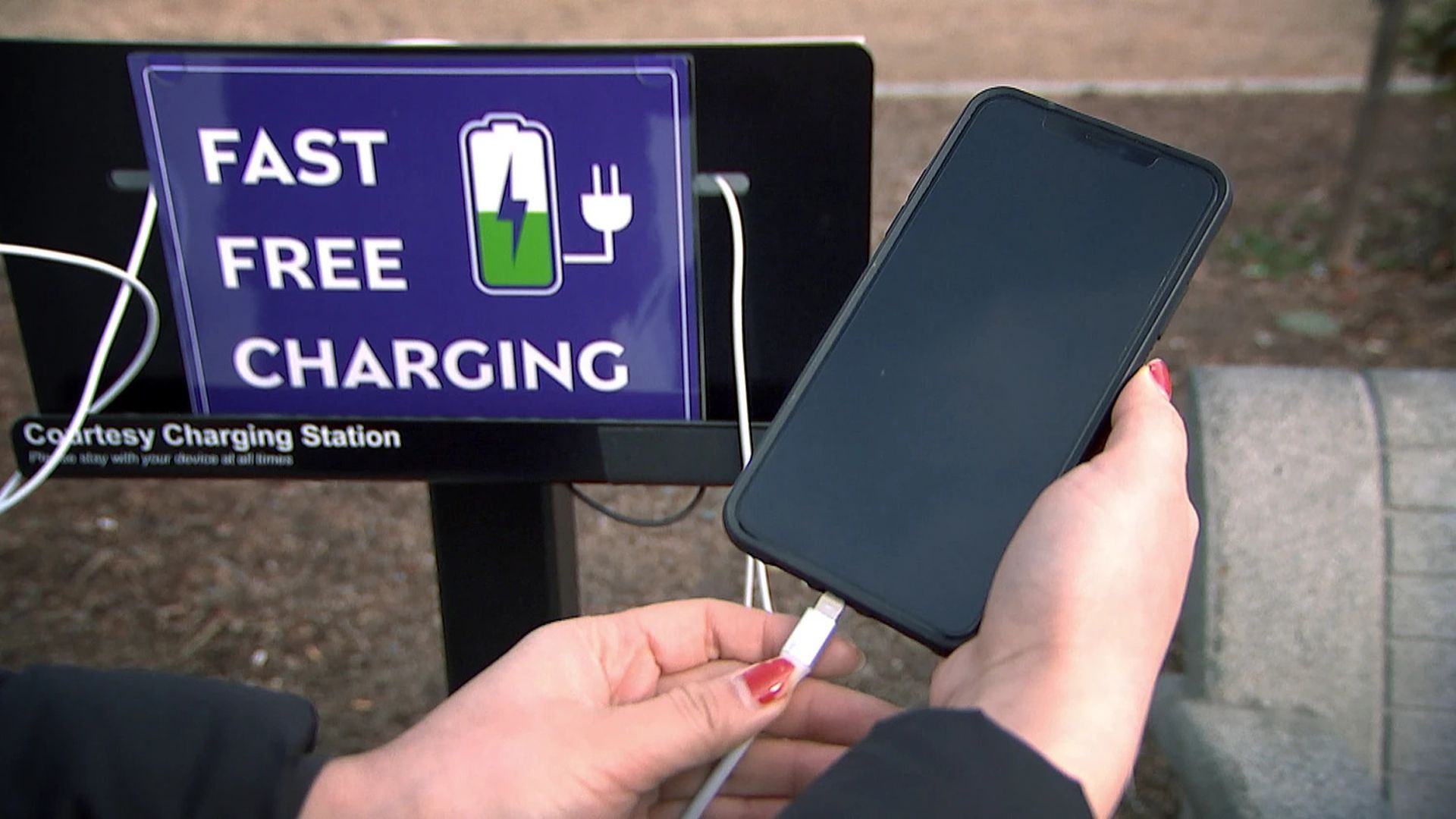
8 simple ways to keep your smartphone safe
Protect your smartphone by avoiding disclosing personal information, locking your phone, downloading apps from reputable sources, backing up your data, keeping your system and apps up to date, logging out of websites after transactions, turning off Wi-Fi and Bluetooth when not in use, and considering Total Mobile Protection to safeguard your investment:
- Avoid disclosing personal information.
- Lock your phone with a pin, password, or pattern.
- Only download programs from reputable app shops.
- Make a backup of your data.
- Keep your operating system and applications up to date.
- Log out of websites after making a payment.
- When not in use, turn off Wi-Fi and Bluetooth®.
- Safeguard your investment
Avoid disclosing personal information
That SMS message from your bank may not be genuine. If you get requests for account information through email or text from any business, contact the business directly to confirm the request. The same applies to clicking on links in unwanted emails or SMS.
Lock your phone with a pin, password, or pattern
It is simple to set up. Go to your Location & Security Settings for instructions on most AndroidTM devices. These capabilities are available to iOS users in the General section of their settings.
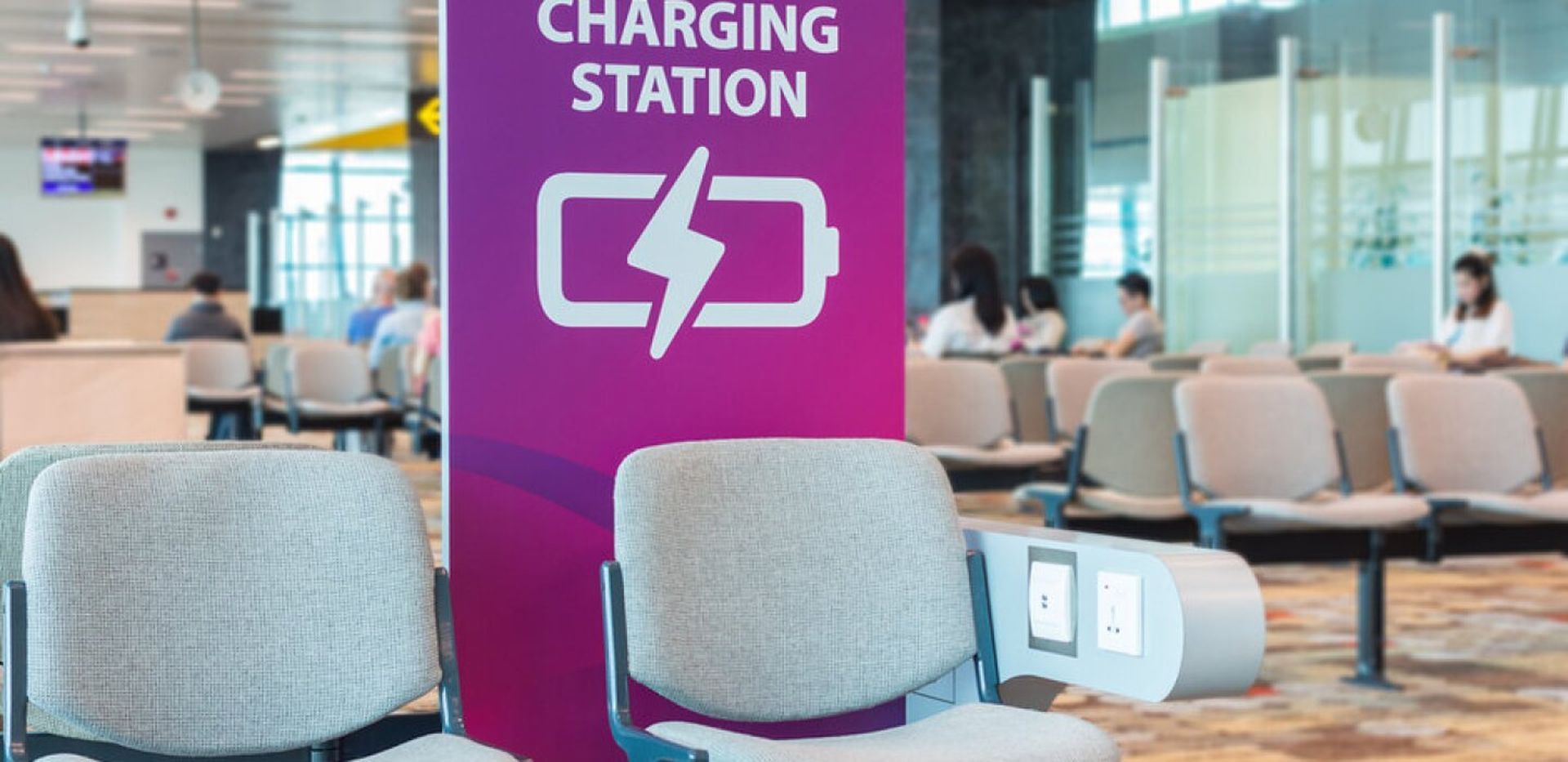
Only download programs from reputable app shops
Use Google PlayTM if you’re looking for a new game or something more constructive. Check for ratings and reviews, and read the app’s privacy policy to see exactly what phone functionalities it will have access to if you download it.
Make a backup of your data
This is more about safeguarding and recovering your data in the event of a calamity. Backup Assistant Plus and Verizon Cloud allow you to back up your contacts, music, photos, videos, and documents to the cloud.
Keep your operating system and applications up to date
Both of them are normally updated regularly, not just to provide new features but also to improve security.
Log out of websites after making a payment
If you bank or shop on your smartphone, log out after your transactions are finished. Other recommendations include not saving your usernames and passwords on your phone and avoiding transactions when using public Wi-Fi.
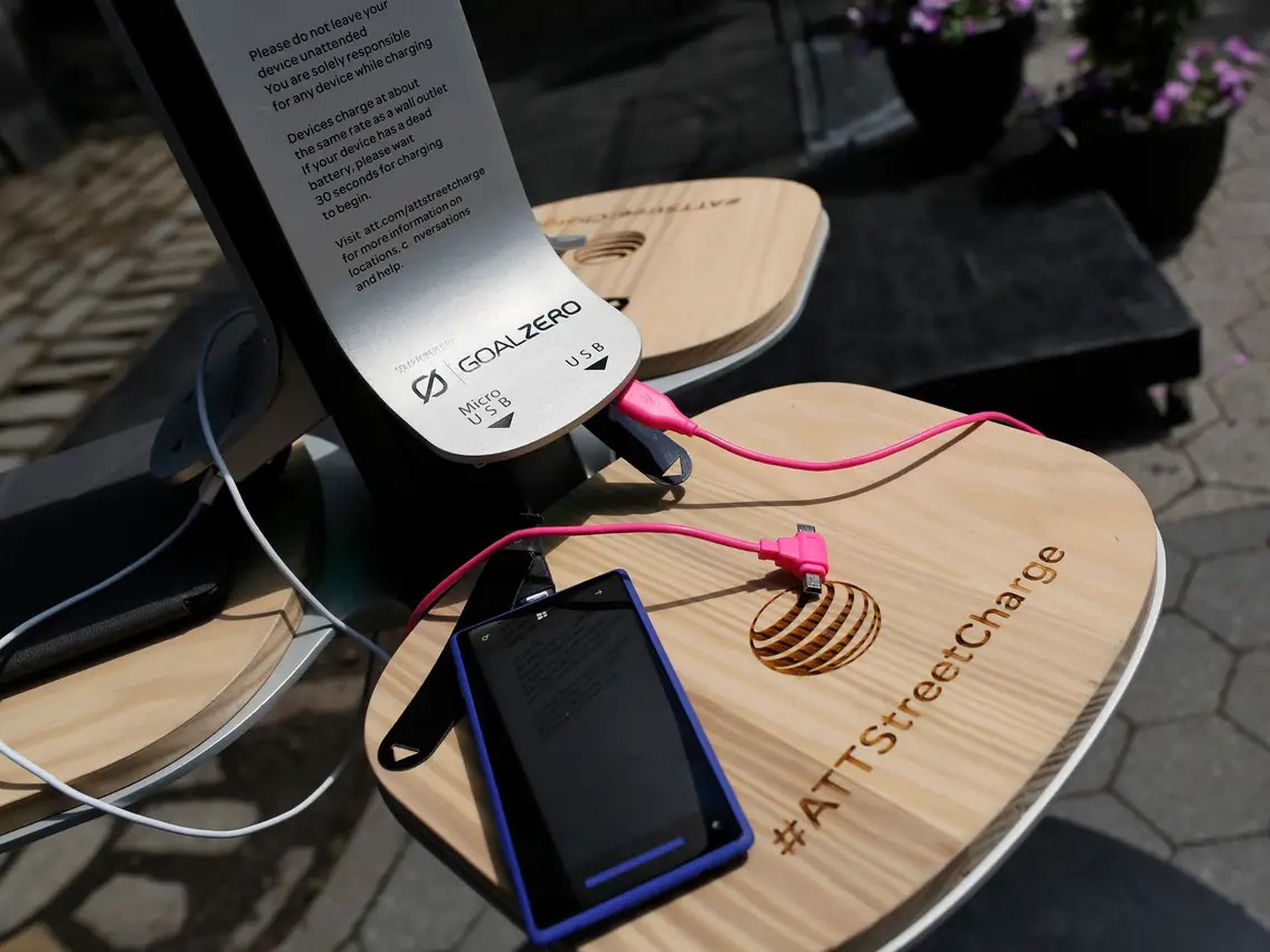
When not in use, turn off Wi-Fi and Bluetooth®
You may consider them to be means of connecting to anything, but criminals can use them to connect to your device and access files.
Safeguard your investment
It might be upsetting to lose your smartphone. Every day, 200,000 smartphones are misplaced, stolen, or broken. The hefty out-of-contract cost of replacing a lost smartphone with a similar brand and model may surprise you.
Consider Total Mobile Protection to avoid this from happening. If your gadget is lost, stolen, damaged, or has a mechanical or electrical flaw after the manufacturer’s warranty has expired, you will receive a new device as soon as the following day.
By the way, we’ve gathered the best launchers for Android TV.

